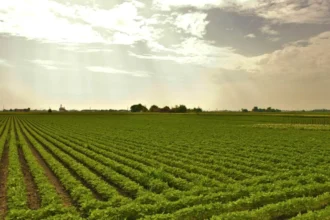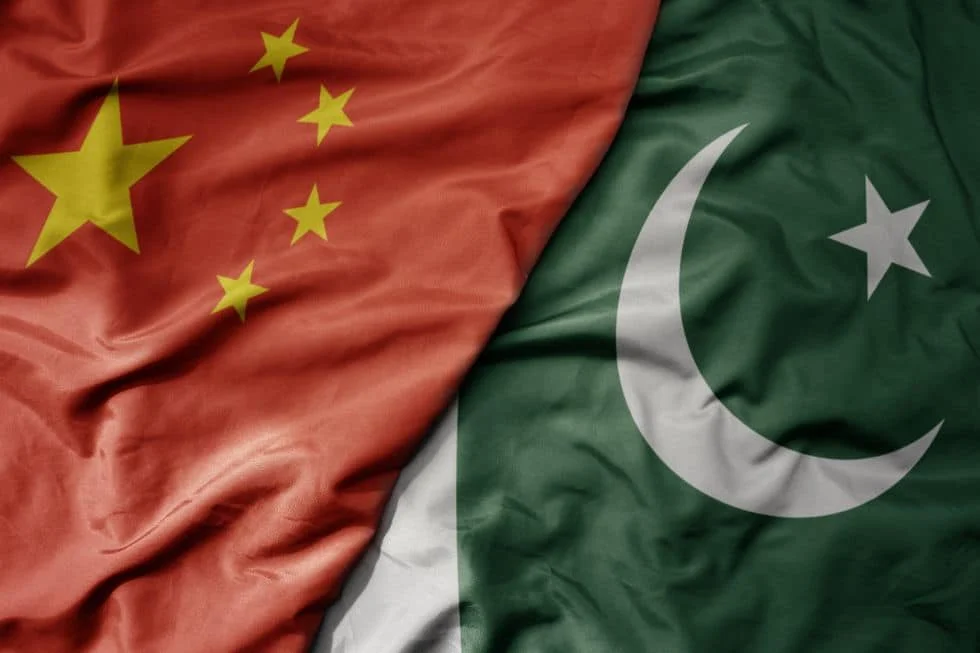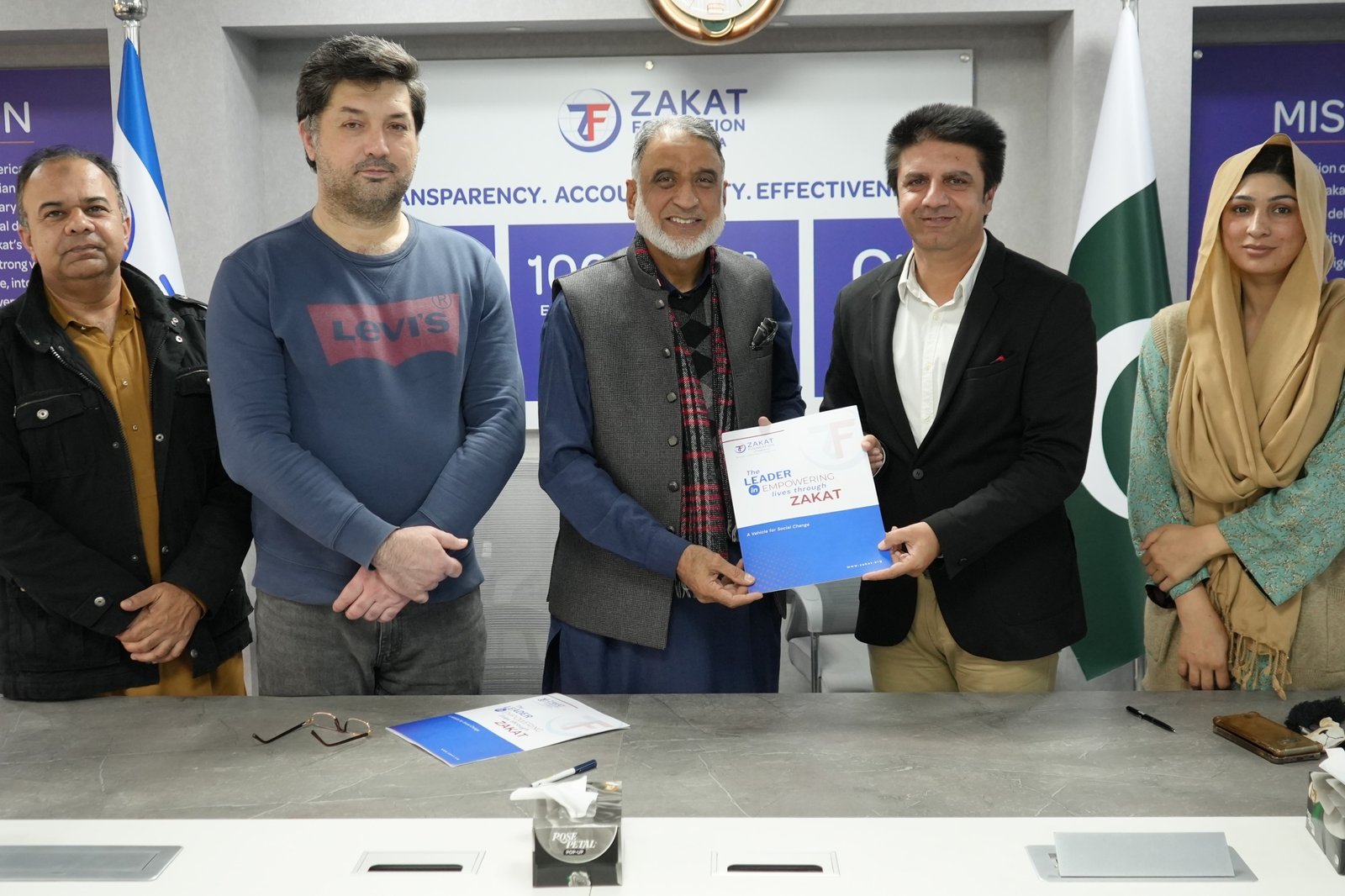Taghreed Iftikhar
COP, or Conference of the Parties, is an annual international meeting focused on climate. Held under the framework of the UNFCCC, COP brings together stakeholders from member parties to address ongoing climate challenges. The first COP was held in Berlin, Germany, in 1995, and since then, it has been convened annually in various countries. As we near COP29, set to take place in Baku, Azerbaijan, from November 11-22, preparations for the event are underway.
Despite contributing less than 1% to global carbon emissions, Pakistan faces severe consequences, including floods and droughts. Climate disasters have not only destroyed the already vulnerable infrastructure of southern Punjab and Balochistan but have also affected the lives of millions. The floods in 2022 alone caused over 24 billion PKR in damage, affected at least 33 million people, and resulted in over 1,700 casualties. Pakistan’s economy, natural resources, and people remain underprepared and at high risk of climate disasters; therefore, it is crucial for Pakistan to clearly articulate its stance at the upcoming COP.
Pakistan should convey the urgency for increased climate finance, technical support, and adaptation cooperation. Since one of the main themes of COP29 is increased support for climate-vulnerable countries in the Global South, Pakistan should seek funding from the COP27 Loss and Damage Fund to bridge the financial gap and ensure the transparent use of these funds.
Given COP29’s emphasis on Article 6 of the Paris Agreement, Pakistan should advocate for clear, transparent standards to eliminate greenwashing. Strengthening carbon markets would allow Pakistan to attract investment in renewable energy and sustainable projects without incurring new debt—essential for a country with limited resources and high vulnerability to climate impacts.
While Pakistan should increase its mitigation efforts, the primary focus should remain on adaptation, given the worsening climate impacts. At COP29, Pakistan should advocate for allocating more resources toward adaptation measures, including improved water management, strengthening agriculture against climate vulnerability, and constructing climate-resilient infrastructure. Without significant investment in adaptation, countries in the Global South will continue to bear the brunt of climate change.
The stakes are high for Pakistan, as it is on the frontline of climate change impacts. With clear demands for climate finance, transparent carbon markets, and a strong focus on adaptation, Pakistan can build resilience against climate disasters. A successful outcome at COP29 would not only support Pakistan’s immediate climate adaptation needs but also set a global precedent for equitable and sustainable climate action.






 Today's E-Paper
Today's E-Paper